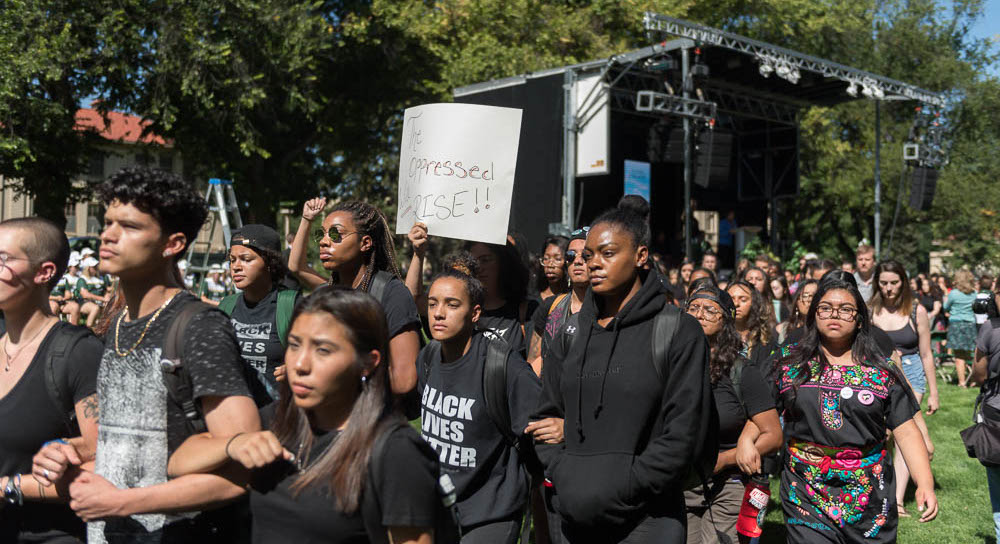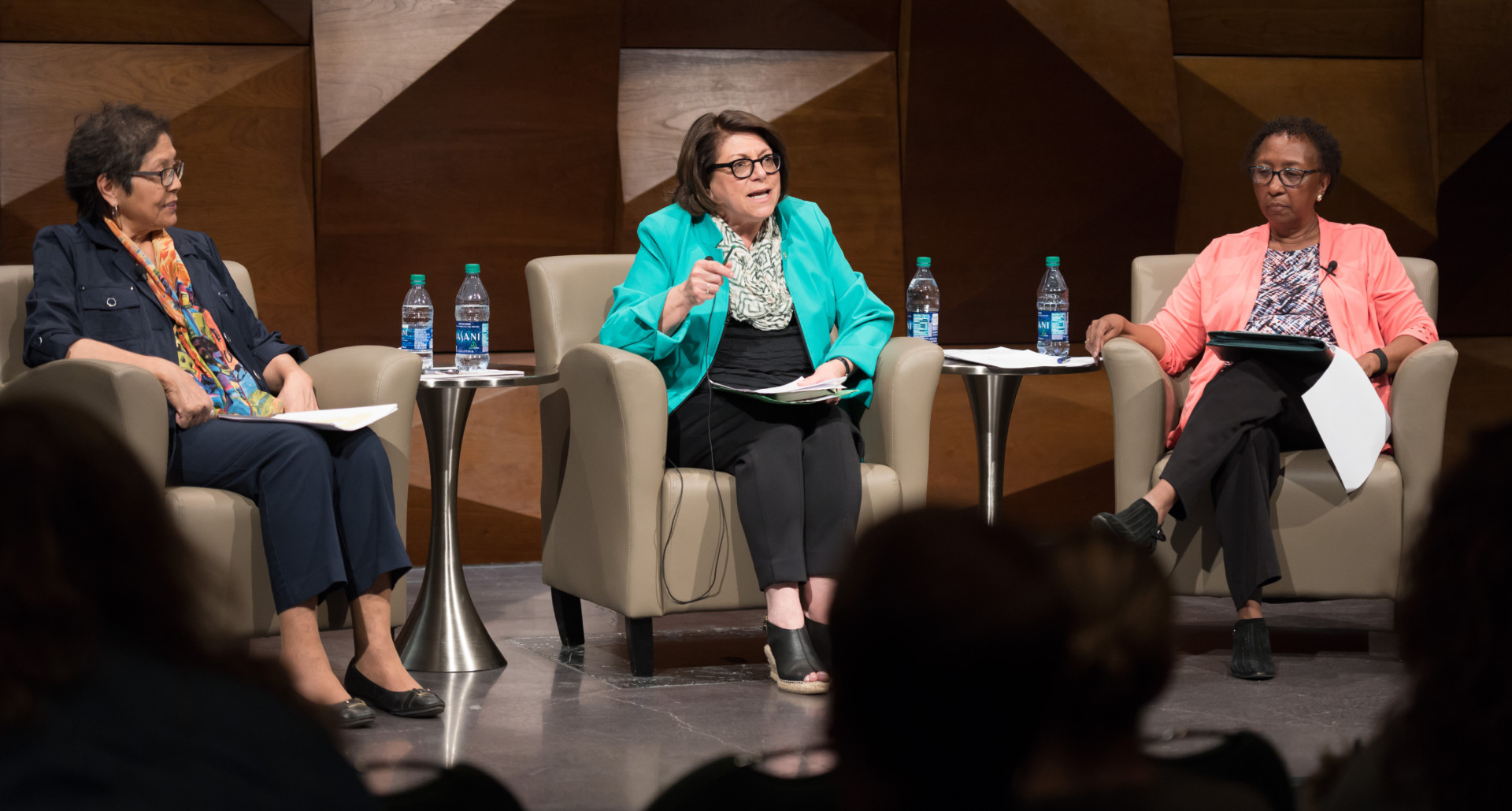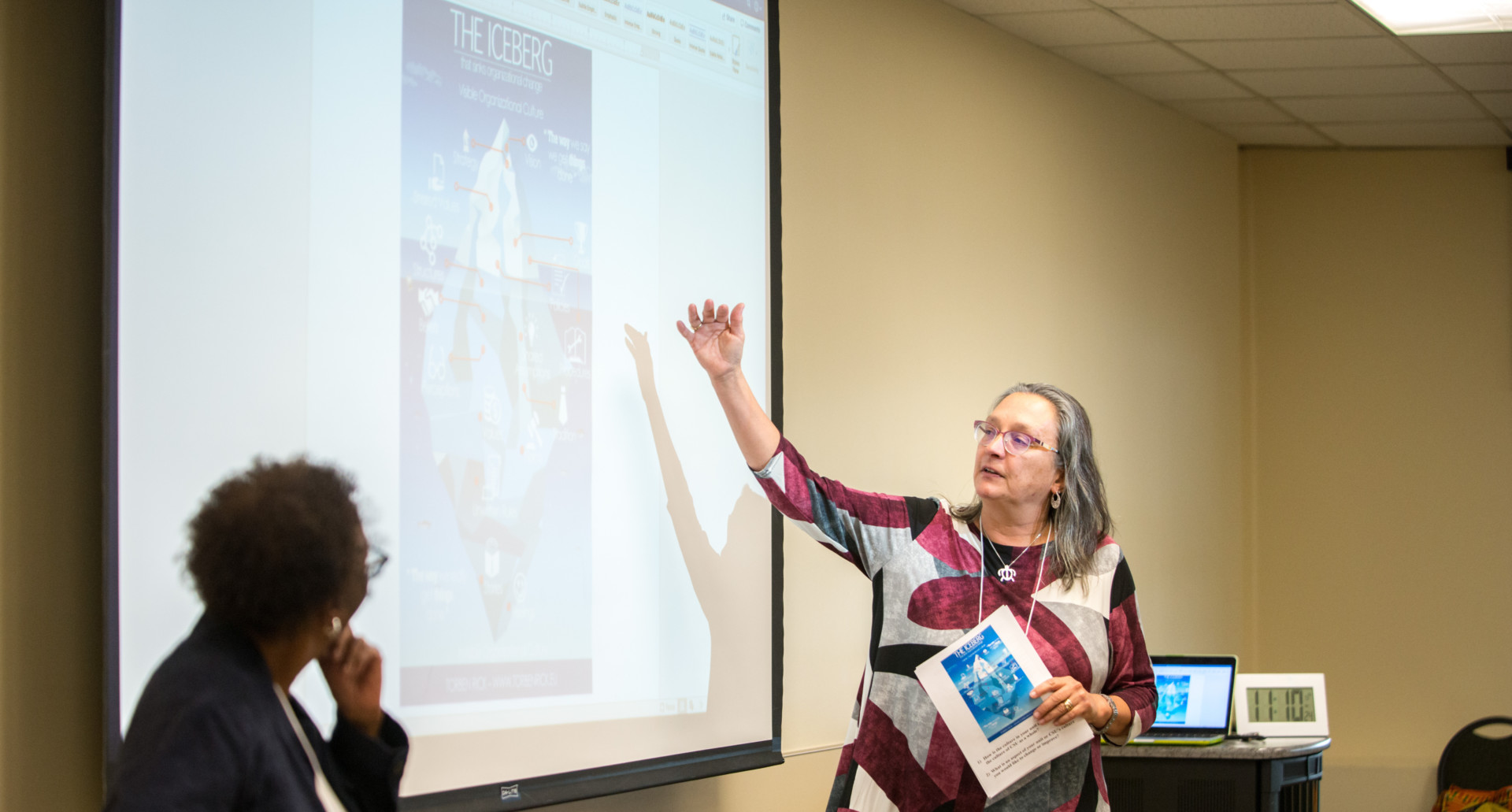Faculty leaders at Colorado State University have issued a statement of support for the students who have raised concerns about equity, diversity and inclusion at the university. Faculty Council members also pledged to hold their faculty peers more accountable on inclusivity, and approved changes to the core curriculum that will strengthen the coursework all CSU students must take in those areas.
The move is the latest response to students calling for more action against recurring incidents of racial bias in recent years, through proactive, inclusive practices and policies. This spring, before the pivot to working and learning remotely, students involved in a “Not Proud To Be” campaign summoned CSU leaders to a meeting in which they outlined a list of recommendations from 2015 and new demands aimed at improving the climate on campus.
Student protesters march at the Fall Address and University Picnic last September.
Faculty Council resolution
Be it resolved that Faculty Council:
• Acknowledges students’ concerns
• Challenges the status quo and supports proactive efforts and accountability for continual improvements of the climate at CSU for all;
• Calls upon our faculty peers to seek opportunities to learn of and lessen barriers to our and students’ learning and well-being;
• Collaborates with students, staff, and administrators to assure the Principles of Community become universally integrated into the ‘what’ and ‘who’ we are as CSU’s community now and into the future; and
• Assures that its annual reporting (Faculty Council and its committees) communicates progress and actions consistent with the Principles of Community and improvement of CSU’s climate for all.
On May 5, Faculty Council approved a change to CSU’s core curriculum that places a new category of required diversity- and dialogue-related courses on par with mandatory coursework on composition and math.
Courses that had been in the “Diversity and Global Awareness” category will move to a new category called “Self, Community, World: Dialogue About Diversity, Inclusion and Equity,” and new classes will be added in the coming months, to be offered as early as next spring. While there will be no increase in the number of credit hours needed to graduate, once the process of implementing state-required student learning outcomes is complete, new students will be encouraged to take the diversity coursework early in their college careers at CSU.
Resolution of support
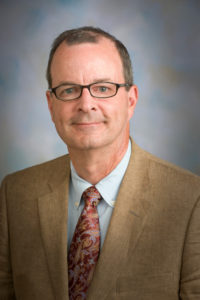
Faculty Council also passed a resolution acknowledging the students’ concerns, supporting efforts to improve the campus climate, and calling on faculty peers to lessen barriers to learning and well-being. In addition, the resolution calls for collaboration on integrating CSU’s Principles of Community into CSU’s identity and tracking progress toward goals for improving campus climate.
“This is basically saying, ‘Whatever it is we’ve done so far, it isn’t enough,’” said Faculty Council Chair Tim Gallagher, a professor of finance and real estate. “This is kind of like the blueprint. Now we need to build the building. We’ve talked about faculty holding ourselves accountable for inclusiveness in our own teaching, and that we do more than just say we’re being inclusive.”
Faculty leaders say that as a result of the resolution, there will be efforts in the fall to strengthen language in the Academic Faculty and Administrative Professional Manual on how diversity/inclusion efforts are evaluated for faculty promotion, tenure and post-tenure review decisions.
“As with any employee group, there’s always going to be some implicit bias that we’re all suffering from, and it’s enacted in our classrooms,” said incoming Faculty Council Chair Sue Doe, a professor of English. “We have the students’ best interests in mind, but we don’t always know the things that we’re communicating — and the ways we may be falling short.”
Accountability for faculty
Doe said faculty leaders need to consider both incentives and accountability when it comes to enacting inclusive practices.
“I think it’s more palatable to imagine that faculty up for tenure, promotion or post-tenure review would be rewarded for demonstrating best practices around inclusivity than it would be for faculty to hold themselves accountable,” Doe explained. “But it might be important to have both, because at the end of the day, you’re always going to have a small percentage of people who either don’t understand their impacts or don’t see it as their responsibility to examine their own practices and what they might be communicating.”
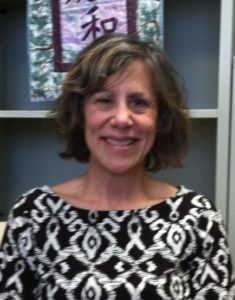
She added that obviously faculty are not to blame for every shortcoming of the University, and that other employee groups, including administration, also could “take a look at themselves and ask, ‘How might we do a better job?’”
While the resolution and curriculum change are related, the timing was somewhat coincidental. University curriculum modifications have been in the works for more than three years, and have included implementation of shared learning outcomes within the All University Core Curriculum (AUCC), while the statement of support was spurred by the students’ actions last fall and in early March.
‘We hear you’
“The resolution was meant to say very clearly to the students, ‘We hear you, and we agree with you,’ because the faculty had not really said that in plain language,” said Sue James, a professor of mechanical engineering and member of the Faculty Council Executive Committee, which proposed the resolution. “We needed to give this clear, public declaration that we support you, we challenge the status quo, and we call on all of our peers to learn more about this and do everything they can to create an inclusive learning environment for all students, all of the time.”
Vice President for Diversity Mary Ontiveros co-chairs the Race, Bias and Equity Initiative with Vice President for Student Affairs Blanche Hughes. RBEI was formed by CSU President Joyce McConnell last fall, and the core team recently announced its selected proposals and next steps. Ontiveros said Faculty Council’s moves are welcome, and consistent with the kinds of courageous transformations McConnell has been calling for from the university community.
President’s Council on Culture Chair Sue James, right, discusses organizational change at the Diversity Symposium last fall, as Vice President for Student Affairs Blanche Hughes looks on.
Rationale behind the curricular change
CSU Climate Surveys, student petitions and demands, changing demographics among our student population, faculty expression of concern about how to navigate racially based or diversity-related tensions in classroom contexts, and awareness of developmental stages that influence students in periods of significant life transition as they enter the university system all call for us to develop a set of courses that explicitly develop both skills of critical analysis of race/diversity related issues and inequities and skills to engage constructively in dialogue to learn.
Moving these courses to a prominent position in the All University Core Curriculum and encouraging that they be taken early in a student’s career will build a foundation that will be useful in every other CSU course as students continue forward.
Our university intends to prepare students for active engagement in their own societies and the world. Toward that end, we seek to require one course from the 1C category, focused predominantly on the U.S., while also requiring that students select at least one course from any other category in AUCC Category 3 that focuses on global issues.
Our current 3E course offerings are largely global in focus and are not addressing the needs articulated by students. Even students who are not part of groups that crafted a petition or set of demands indicate that classroom climate needs to be improved. The content of many current 3E courses is not addressing the desired critical analysis of race, class, gender, sexuality, or the political, social and historical contexts contributing to inequities – and importantly, are not providing students guidance in how to address these challenging issues and diverse perspectives about them through classroom based dialogue.
– From the May 5 Faculty Council meeting agenda
“Students have been demanding action from the faculty for a while,” Ontiveros said. “In each case, the message was: This is a big ask, but it’s an important ask, and it’s something we all agree with, it’s just not something that can be done overnight. The fact that these were approved unanimously is monumental — it is fabulous. I think it speaks to the fact that faculty really do care about the students and are listening to what the students are requesting.”
“I know President McConnell is super-supportive of all this, and always has been,” added James, who is also chair of the President’s Council on Culture. “I know she cares deeply about this issue.”
‘Serious about moving forward’
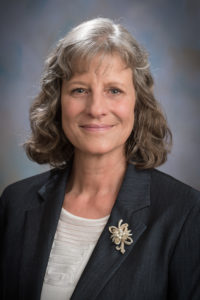
All agreed that now the heavy lifting begins.
“It’s not just a piece of paper, or a list of whereases, and then everybody forgets about it,” Ontiveros said of the resolution. “The leadership of Faculty Council is serious about moving forward with this, to influence some cultural change on this amongst the faculty, and that’s incredibly positive.”
She also lauded the work of Vice Provost for Undergraduate Affairs Kelly Long in spearheading the effort to get the curricular changes through a lengthy approval process.
Long said that process included reviews by each college’s curriculum committee as well as “persistent, hard work by the University Curriculum Committee in supporting the change.”
“The intention was always that we give some real legs to the requests the students had made, by developing a course set — not a single course — that would specifically focus on addressing their needs,” Long explained. “The whole point of this has been to elevate educational equity and support deepened learning, to say that the ability to examine multiple perspectives and engage in dialogue that promotes understanding and mutual regard is as important to student success on this campus as composition or quantitative reasoning. It wound up being really excellent timing that Faculty Council wanted to make that statement endorsing this direction at the same time that the curriculum proposal landed there.”
Long added that she’s planning to gather a group of faculty over the summer to develop a template for the courses that will be added to the new curricular requirement.
“Like other required content in our AUCC, the idea is to develop fundamental skills that will serve students well throughout their college career and in life,” she said. “Students need to recognize perspectives beyond their own, and they need to communicate about them critically, thoughtfully and respectfully.”
